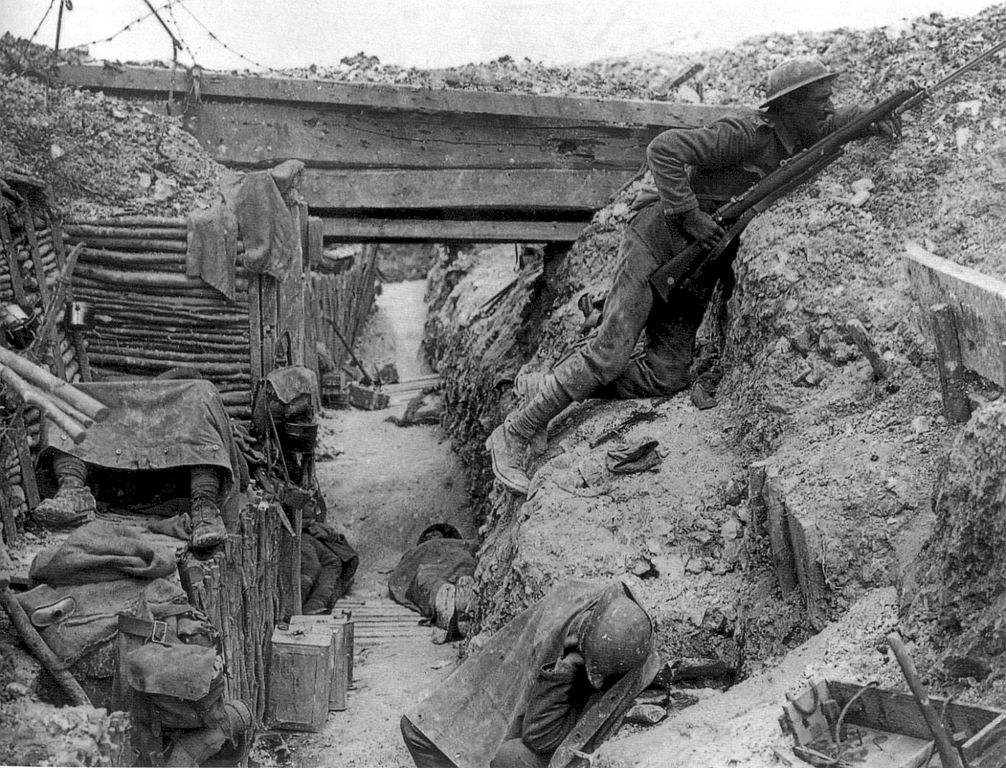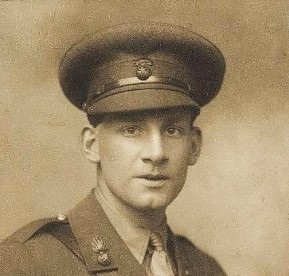
Barker, Pat
Although Patricia Barker was to become one of Britain’s greatest contemporary novelists, her early life began fairly unremarkably. Born in Thornaby-on-Tees, Yorkshire, in May 1943, Barker was the only daughter of young single mother Moyra. Her birth is supposed to have been the result of a night of drunken revelry at the family’s local. Moyra lived with her parents until 1950 when she finally married and moved out of her family home, leaving Patricia with her grandmother and step-grandfather. Barker actively refutes claims that her mother’s behaviour was cruel or unjust, as the decision to remain in her family home was entirely her own, as she felt closer to her grandmother than to either her mother or stepfather.After passing her regular schooling with excellent results, Barker went on to study International History at the highly selective London School of Economics before teaching Politics and History in Durham. This experience helped to establish a strong seat of knowledge and inspiration on which she could later draw when forming her uniquely gritty characters and unflinching writing style.
She began writing fiction during the late 1960s, but it was not until 1982, after several failed attempts at popular fiction, that (under the advice of friend and contemporary Angela Carter) Union Street (1982), a harsh chronicle of the lives of working-class women in the 1970s, was submitted to feminist publishers Virago. The novel won the Fawcett Society Book Prize in 1982 and won her a place in Granta magazine’s ‘20 best young British novelists’ in 1983. After the successful publishing of this first novel, Barker left her teaching job to concentrate on her writing.
Barker’s bawdy, tenacious writing style was popular among women who had been empowered by the second-wave feminism of the 1970s, and during the 1980s she published three further novels on the bleak realities of working-class life:
- Blow Your House Down (1984) charts the relationships between several prostitutes in a large city who are threatened by a serial killer.
- Liza’s England (1986) follows the theme of the empowered, working-class female, though it had its roots in Barker’s political studies and provides a sardonic attack on Thatcherism.
- The Man Who Wasn’t There (1989) is about a lonely young boy’s search for his father during the 1950s. The novel is viewed by critics to have had its basis in Barker’s own fatherless childhood.
Barker was widowed in 2009 when her husband of 31 years, David Barker, died at the age of 86. The novel Regeneration contains a dedication to her late husband. Currently in her seventies and living in Durham, Barker continues to write, publishing Toby’s Room (2012), Noonday (2015) and The Silence of the Girls (2018).
© ZigZag Education 2026: content may be used by students for educational use if this page is referenced.
Show / hide details
Acknowledgements
Pat Barker
www.flickr.com/photos/summonedbyfells/813196702 Attribution 2.0 Generic (CC BY 2.0)
summonedbyfells October 27, 2012
www.flickr.com/photos/summonedbyfells/813196702 Attribution 2.0 Generic (CC BY 2.0)
summonedbyfells October 27, 2012





